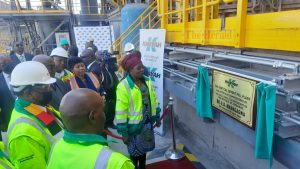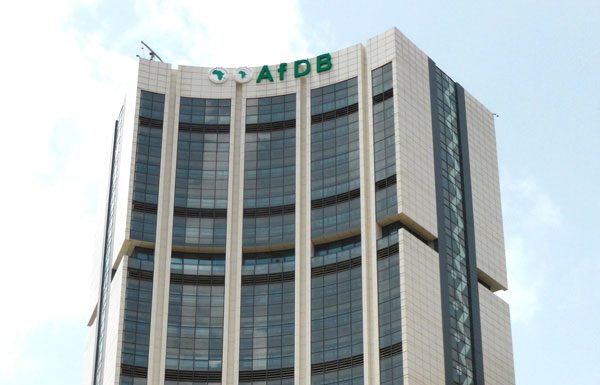
By Talkmore Gandiwa
Zimbabwe is set to increase cement production by 185.7% to one million tonnes by year’s end from the current production capacity of 350 000 annually, President Emmerson Mnangagwa has said.
Commissioning the phase two of a new Vertical Mill Plant at Khayah Cement’s Thursday, Mnangagwa said the country had witnessed a boom in the construction industry, forcing a rise in demand for cement.
Khayah Cement has invested US$14 million in the second phase of its expansion project.
Mnangagwa said this development is expected to increase the firm’s production output and boost the cement industry in the country.
The construction industry is expected to grow by 19% at the close of the year against the backdrop of an improved cement industry.
Through the state-of-the-art plant, Khayah Vertical Mill is set to bring new technology to the cement production industry. The government is projecting to increase total cement production from 350 000 to one million tonnes per annum, against an average national demand of 1.4 million tonnes.
“It is expected that this new plant will result in low production costs,” said Mnangagwa.
Khayah Cement recently rebranded from Lafarge Cement after Obey Chimuka Fossil Company took full control of Lafarge Cement after successfully buying the 76.45% stake that had been put up for sale by Swiss-headquartered Holcim Group.
Mnangagwa said the investment it had made was a show of confidence in the economy and dovetailed with the Second Republic’s thrust to industrialize and modernize the economy.
“I, therefore, challenge Khayah Cement Limited to broaden the production strategies to meet the marketing and sales mix for a broader footprint on the local, regional, and international markets. As a company involved in cement and limestone production and related products, you are strategic to the ultimate realization of Vision 2030. Your cross-cutting nature and importance in the overall growth and modernization of our country should not be taken lightly,” said President Mnangagwa.
The cement demand in the country has increased due to the infrastructure developments that are currently happening as the government funds infrastructure development ahead of the national elections scheduled for August 23, 2023.
Although cement production is expected to increase, the industry is not spurred by the high production costs that have affected most of the companies in the country.
The production cost in the country has recently increased as the country faces economic challenges, which include a shortage of foreign currency, inflation, the exchange rate, and power outages. However, the new plant will also result in low production costs, thereby making cement and other related products affordable.
The government has committed to revamping local industry through localization of raw materials and retooling in efforts to restore regional competitiveness towards reaching an upper middle-income economy by 2030.
A vertical cement mill is a type of grinder used to grind material into extremely fine powder and is an energy-efficient plant.
A vertical roller mill plant adopts a new generation of cement grinding technology that integrates grinding, drying, and powder selection functions. It can save 30% of power per ton compared with a traditional ball mill. At the same time, it has many advantages, such as less auxiliary equipment, multiple functions, a small occupied area, and little dust pollution. It is widely used for clinker grinding in cement plants.
The biggest advantage of the plant is that it has a large casting base and large machining workshops, which greatly shorten the delivery cycle of the cement vertical mill.










